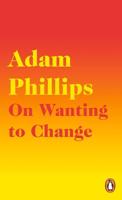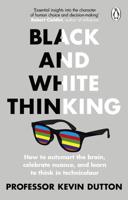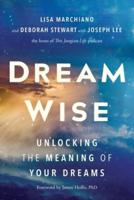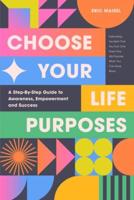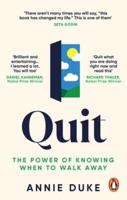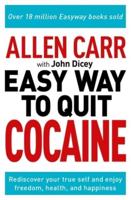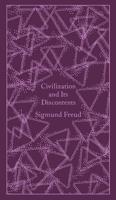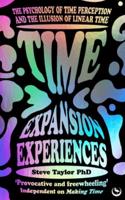Publisher's Synopsis
Is it possible for a rape victim to experience an involuntary physiological response, such as an orgasm, and how does this influence the subsequent psychological trauma? Could the administration of oxytocin be a therapeutic tool to rehabilitate rapists or individuals with aggressive sexual behaviors? What are the hormonal differences that affect how men and women argue, process conflicts, and reconcile? Does oxytocin have the potential to promote empathy in individuals with personality disorders such as psychopathy? Why do women tend to react with "tend and befriend" strategies in stressful situations, while men adopt a "fight or flight" approach? What ethical implications would arise from using oxytocin to manipulate behaviors in violent criminals? Can an excess of oxytocin in abusive relationships contribute to the formation of traumatic bonds, such as in Stockholm syndrome? How does oxytocin affect the perception of pain and pleasure in extreme contexts, such as physical or sexual abuse? How does oxytocin influence the construction of power and submission dynamics in romantic or sexual relationships? Could the presence of oxytocin during sexual assault alter the emotional perception of the event by the victim?
What role does a simple hormone play in the darkest and brightest corners of human behavior? In this eye-opening book, we delve into the fascinating world of oxytocin, a neurochemical that not only forges our deepest bonds of love and trust but also influences extreme behaviors such as violence, lost empathy, and power dynamics.From the impact of oxytocin on toxic relationships to its potential use as a therapeutic tool for violent criminals, this book tackles difficult and necessary questions that are rarely discussed with such scientific clarity and ethical sensitivity. Controversial but well-founded, it provides answers to concerns that challenge our preconceived notions about gender, conflict, sexuality, and redemption.
Dare to explore how this hormone, often associated with love and motherhood, may hold the key to understanding humanity's most basic and disturbing impulses. A must-read for those looking to understand how biology, psychology, and ethics converge in the most thorny issues of our existence.

